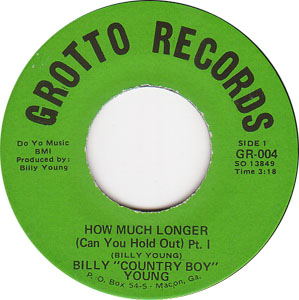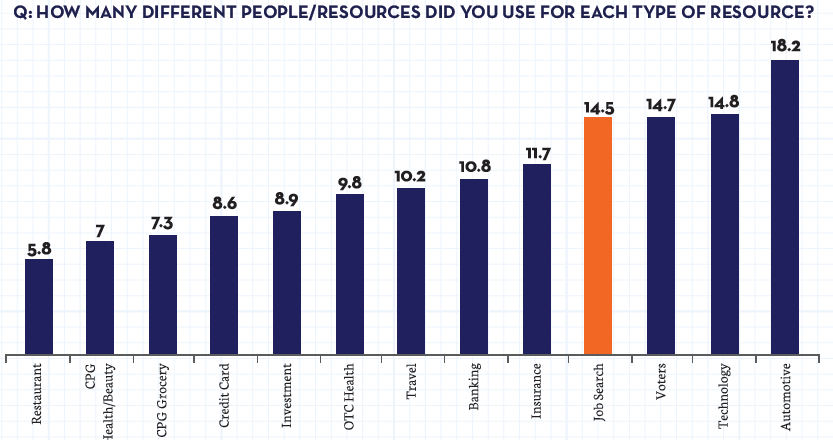What technical talent thinks about your job descriptions
I wanted to point out a super piece last week on the Smashing Magazine blog, (a site about and for Web Designers), titled 'The Difference Between Good and Bad Job Requirements', that provides a great look into what technical, (and often hard to find) talent thinks about the typical job descriptions they encounter online.
Long story short - it is clear that the Web Designer that authored the post, and almost all of the 50+ commenters, don't have very many positive things to say about how most design job descriptions are presented. Their chief complaints - most job postings contain a ridiculously long laundry list of technical skills and acronyms that are just not relevant for the job being posted, and are almost impossible for a single individual to possess with any level of mastery. Additionally, most job ads focused to a large degree, (if not exclusively), about what things a candidate should have already done, not what things they will actually do on the new job, and how they might grow and develop professionally. Lastly, the piece takes a few shots at job ads that in trying to paint a realistic picture of their workplace culture, perhaps go too far with statements like, 'Candidate will need to perform effectively in a demanding environment and show resiliency to stress.'
Wow, where can I sign up?
There are several excellent pieces of advice for writing more effective technical job ads from the author as well as from many of the commenters, but the best line from the piece, and one that has applicability to recruting advertising for any field is this comment, when assessing a job ad that was much more positive and effective:
What they do is so much more than just telling you what you should have already done by now. They’re telling you what you could become working for them.
That is a key point, one I think we overlook all the time. It continues to assume it is an employer's market, and while that may be true in some regions and fields, it certainly is not true in others, certainly for any roles you are having a hard time in filling.
Some final words of advice from the piece that I think are worth remembering in our continuing quest to attract the best talent for our organizations:
We all understand it’ll be hard work and that we’re supposed to be good at it. So try not to tell us what your ideal employee is. Try to tell us what a great designer we could become should we want to join your team.
It's not always about you, the employer. Sometimes, and maybe more often than you think, it is about them.
Have a great week everyone!

 Steve
Steve


